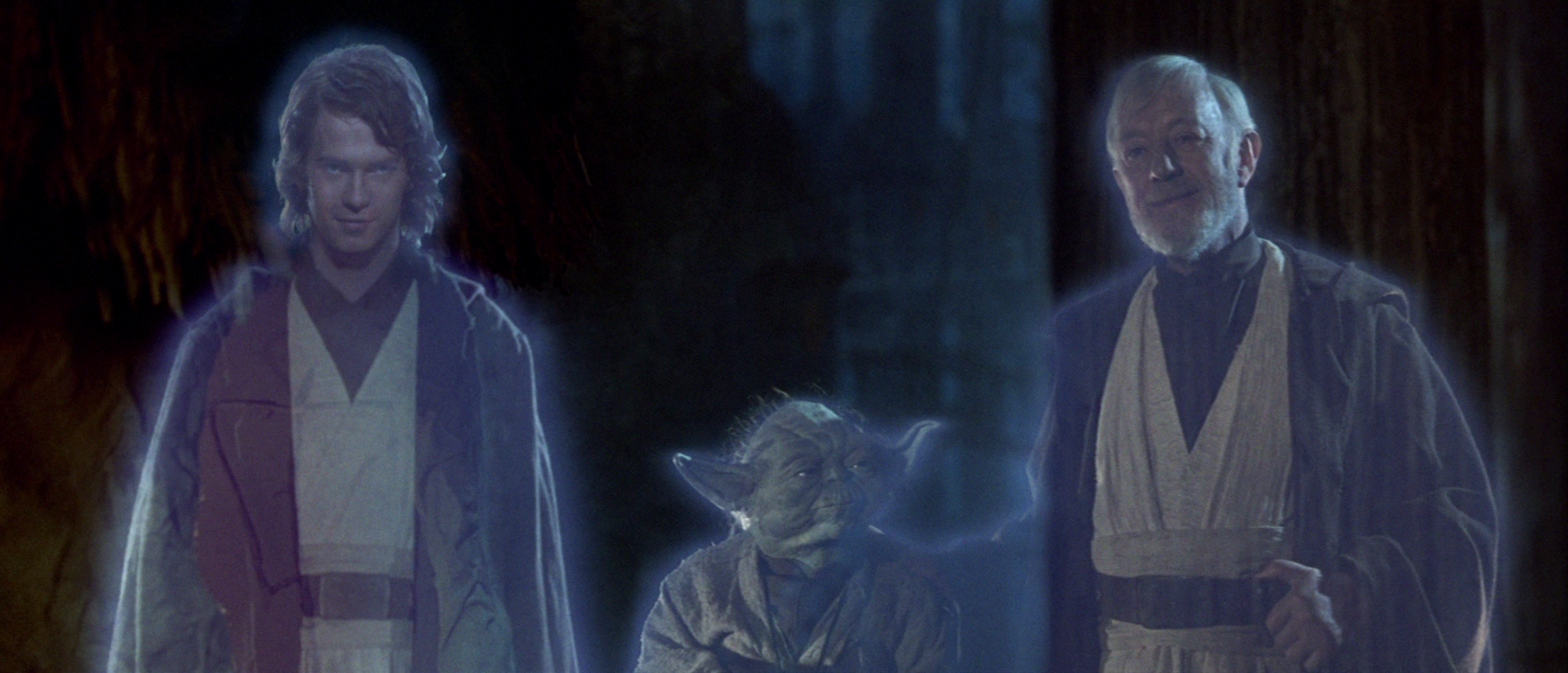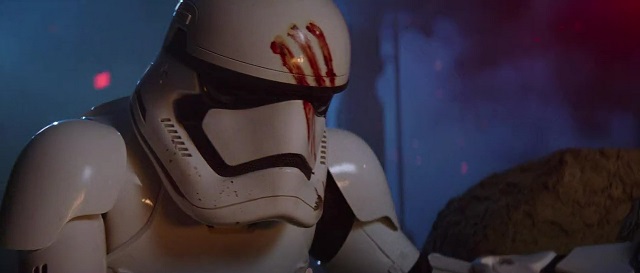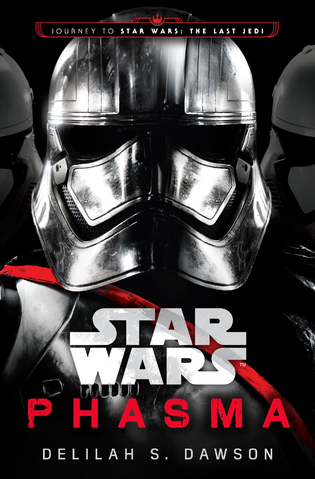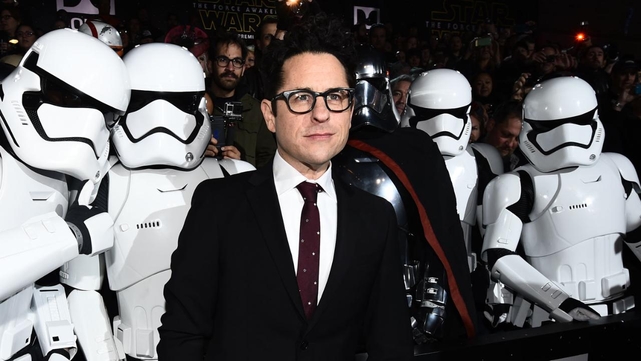
When was the last time you met an adult who had never watched a single Star Wars film? What if you could introduce them to the series, one film at a time, and ask them their thoughts as they went along? That’s exactly the situation I’ve found myself in, as my friend Kelsey just started watching the Star Wars films this year. After viewing Episodes I, II, and III, Kelsey agreed to be interviewed to satisfy my curiosity about her experience and reflections on the series so far; Eleven-ThirtyEight ran our first interview in June. This follow-up comes after Kelsey watched Episodes IV, V, VI, and VII in order (although not Rogue One or any other canonical material). This interview has been edited for length and clarity.
What were your thoughts watching A New Hope, coming in straight from the prequels?
I liked it! But I imagine it would be massively confusing without having known anything else about this universe…I can’t imagine that this was the first movie the public saw!
Any questions you had coming out of A New Hope?
I wish we got to see the little hooded creatures in the huge tank w/o their robes… I couldn’t tell if the beady eyes were cute or scary, haha. Also, how thick is Darth Vader? Why didn’t he feel a disturbance in the Force when he was in such close proximity to Leia and Luke? That should’ve been at least double disturbance! Also, Luke’s reaction to Obi-Wan’s disembodied voice speaking to him suddenly was like, nothing. He should’ve been freaked out! Or was he happy because he recognizes it as Obi, which might mean he’s not really dead? Or maybe he doesn’t realize it’s Obi and just decides to listen to this invisible person that no one else seems to hear…weird. Read More

 It’s interesting that both of these books have come out in close proximity to each other. Each exists to promote a different item – Phasma is a Journey to the Last Jedi book, while Battlefront II: Inferno Squad tells you exactly what it is about. Both give an Imperial viewpoint, but they do so in very different ways.
It’s interesting that both of these books have come out in close proximity to each other. Each exists to promote a different item – Phasma is a Journey to the Last Jedi book, while Battlefront II: Inferno Squad tells you exactly what it is about. Both give an Imperial viewpoint, but they do so in very different ways. Our fandom is rarely without some kind of controversy. It’s been like this since the times of message board wars and it feels like social media has only exacerbated this tendency towards grabbing pitchforks and torches that we often show. Sometimes these controversies become full-blown online wars (just look “Reylo” up on Google), sometimes they just fizzle down after a couple of annoyed grunts, and sometimes they actually become polite discussions. A couple of weeks ago one of the latter happened when Florian from
Our fandom is rarely without some kind of controversy. It’s been like this since the times of message board wars and it feels like social media has only exacerbated this tendency towards grabbing pitchforks and torches that we often show. Sometimes these controversies become full-blown online wars (just look “Reylo” up on Google), sometimes they just fizzle down after a couple of annoyed grunts, and sometimes they actually become polite discussions. A couple of weeks ago one of the latter happened when Florian from 
